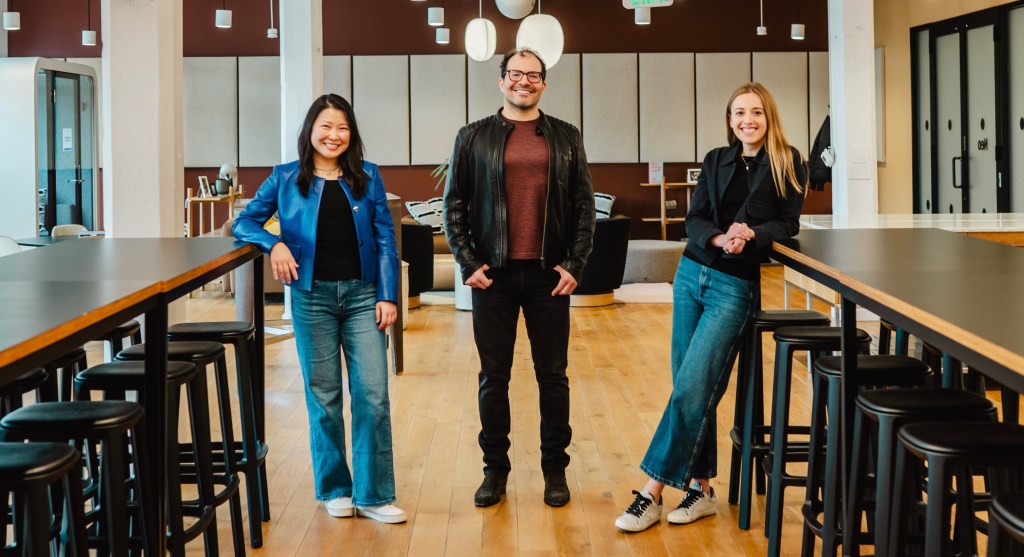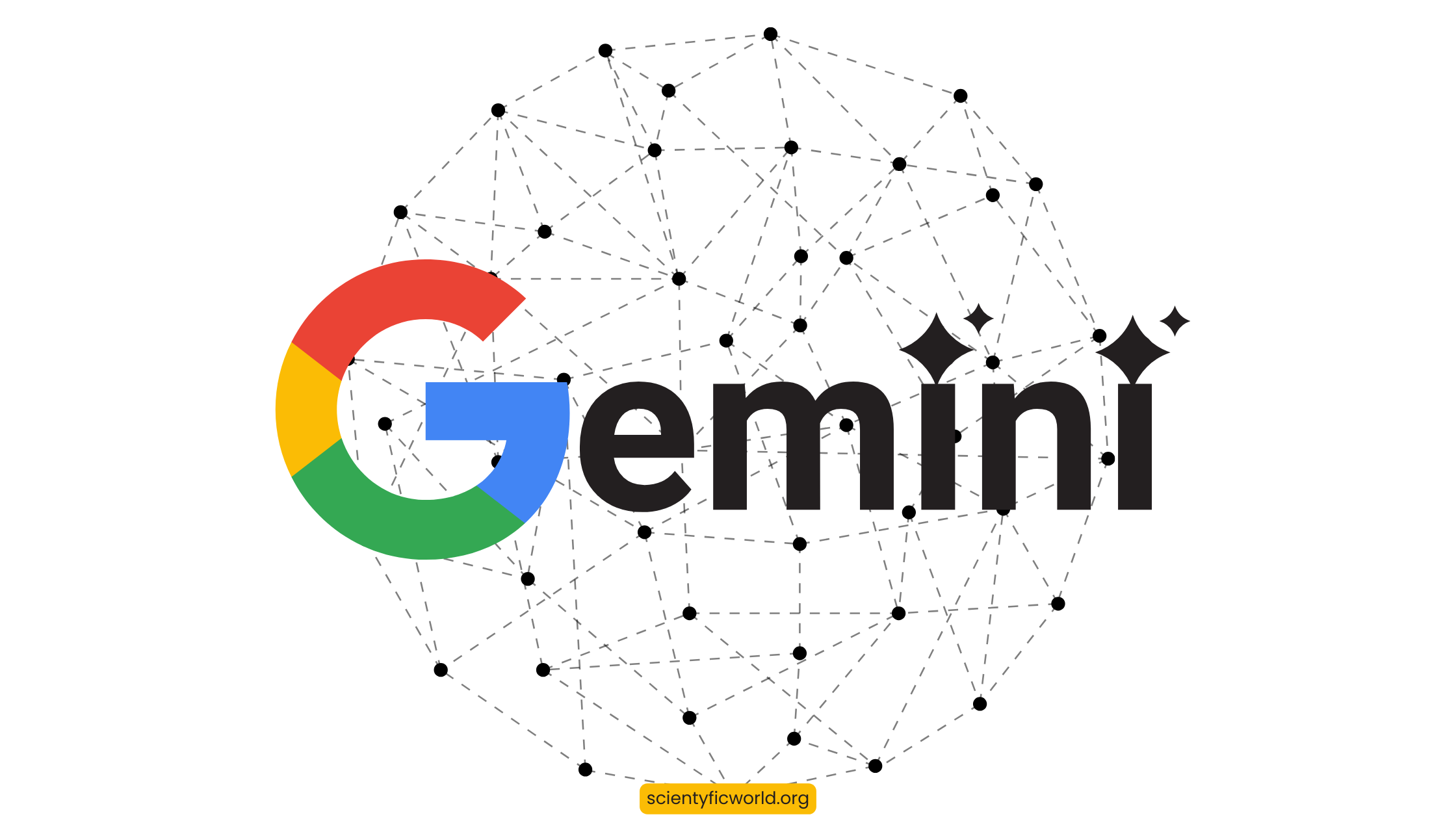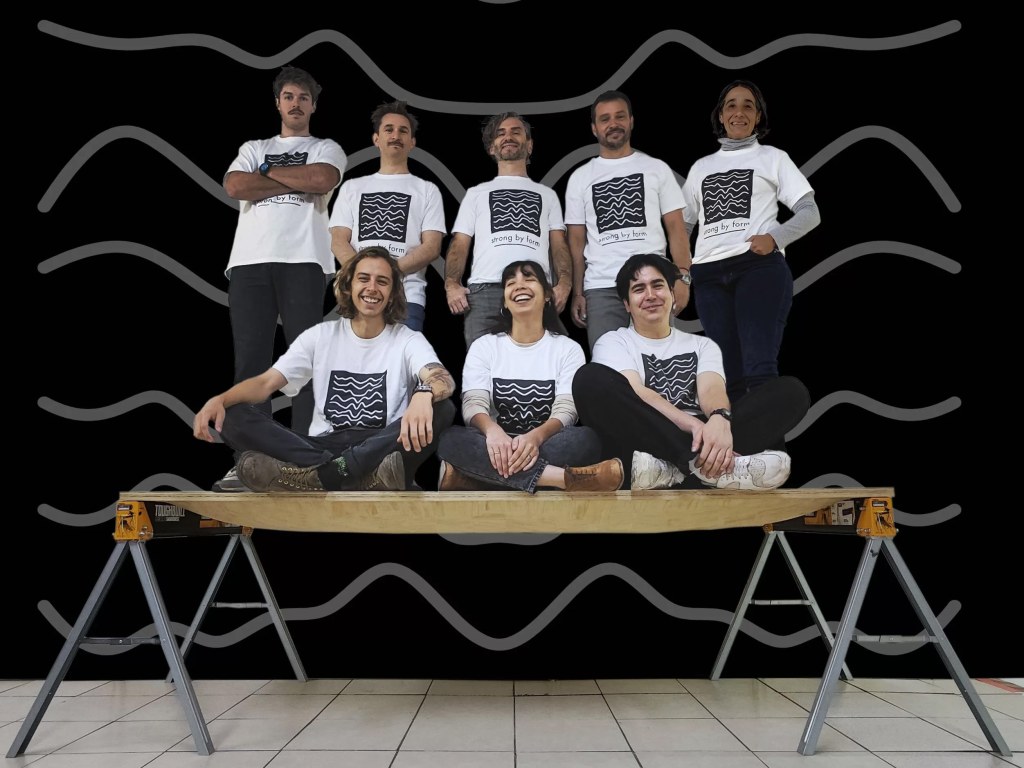In the dynamic landscape of Silicon Valley, where prominent figures often dominate the narrative, Ali Partovi has carved a distinctive path marked by innovation and foresight. An Iranian-American entrepreneur and Harvard alumnus, Partovi’s early career was characterized by significant achievements, including his role in the founding team of LinkExchange, which Microsoft acquired in 1998 for $265 million. He also co-founded iLike, a music discovery service that MySpace purchased in 2009 for a reported $20 million. Alongside his twin brother, Hadi Partovi, he launched Code.org, a nonprofit dedicated to expanding access to computer science education. Their early investments in tech giants such as Facebook, Airbnb, and Dropbox further solidified their reputation as visionary investors.
Despite these accomplishments, Ali Partovi’s name remained relatively under the radar outside of tech circles. However, his venture firm, Neo, established eight years ago, is now bringing him broader recognition. Neo was founded with the ambitious goal of transforming the identification and nurturing of exceptional talent, and recent successes suggest that this vision is coming to fruition.
One of Neo’s notable investments is in Bluesky, a decentralized social network that emerged as a spin-off from Twitter. Neo was the first institutional investor in Bluesky, which reportedly reached a valuation of $700 million in a January funding round. Another significant investment is in Kalshi, an online prediction market that gained substantial traction during the U.S. presidential election, reflecting Neo’s ability to identify and support promising ventures early on.
Ali Partovi’s approach at Neo is distinctive, focusing on discovering future industry leaders before they achieve widespread recognition. He emphasizes the importance of identifying exceptional individuals, often while they are still in college, and fostering their potential through mentorship and support. This strategy is exemplified by his relationship with Michael Truell.
In 2019, as a freshman at MIT and intern at Google, Truell was introduced to Partovi through a mutual connection. During their meeting, Partovi administered a handwritten coding test, which Truell completed in 15 minutes. This interaction was not merely an assessment but the beginning of a mentorship that would prove mutually beneficial. Years later, with Partovi’s backing, Truell co-founded Anysphere, the creator of the AI-powered coding editor Cursor. Anysphere is now approaching a $10 billion valuation, positioning it as one of Neo’s most successful investments to date.
Neo’s methodology represents a paradigm shift in venture capital. Unlike traditional firms that often focus on specific industries or technologies, Neo prioritizes the identification and cultivation of exceptional talent. This approach involves engaging with promising individuals early in their careers and providing them with the resources and guidance needed to realize their potential.
To support this mission, Neo operates the Neo Scholars program, which annually selects 30 outstanding college students. These scholars receive a $20,000 grant to take a gap semester, allowing them to focus on personal and professional development without the immediate pressures of academic commitments. Importantly, this grant is provided without requiring equity, underscoring Neo’s commitment to nurturing talent without immediate financial expectations.
In 2022, Neo expanded its support for early-stage startups by establishing a more traditional accelerator program. This initiative offers funding and mentorship to 20 startups each year, further demonstrating Neo’s dedication to fostering innovation and supporting emerging entrepreneurs.
Ali Partovi’s journey from administering coding assessments to investing in billion-dollar startups illustrates the power of a talent-centric approach in venture capital. By focusing on individuals’ potential and providing them with the necessary support, Neo is not only achieving impressive financial returns but also contributing to the development of the next generation of tech leaders. This strategy underscores the importance of mentorship, early identification of talent, and the cultivation of relationships in building successful ventures.



